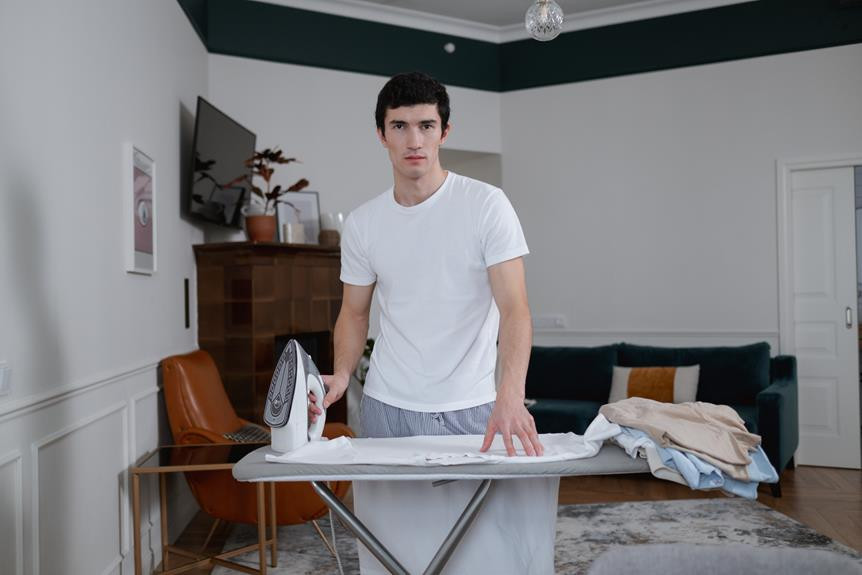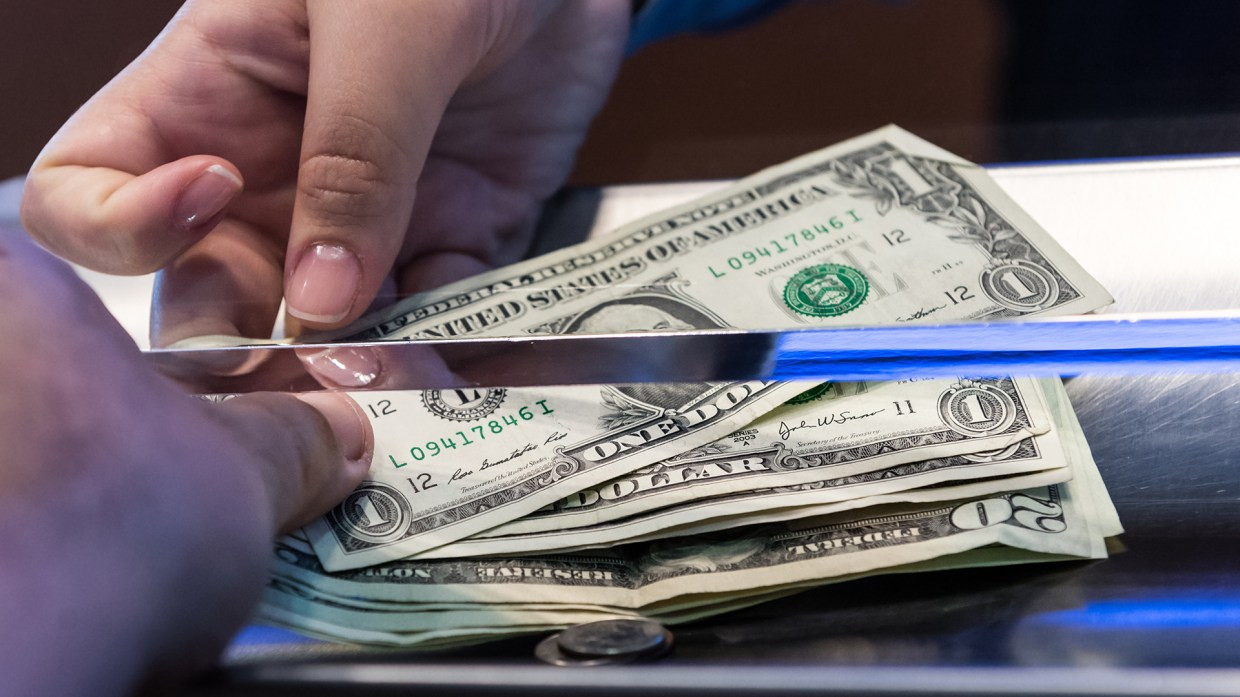Many households may not be aware that several home appliances can slyly sap small amounts of power and add up over time on your energy bill. While they're not the main villains behind hefty electricity bills, turning them off is an essential strategy for energy conservation in every home.
Real estate expert and owner of Bramlett Residential, Eric Bramlett, has highlighted the top five appliances you “should never” leave on standby, explaining the importance of powering them down.
Game Consoles
These high-powered devices come with energy-saving features but also have significant drawbacks. They have an on/off switch that puts them into a low-power standby mode. However, many users forget to completely turn them off, or they switch off the TV while leaving the console on, which can be expensive. Eric pointed out: “They can be real energy hogs on standby. A client of mine saw their energy bills drop after turning off their console when not in use.”
Experts from the Energy Saving Trust have highlighted that game consoles make up about six percent of a household's energy bill. Though this might not sound like much, over time, turning off your console can lead to noticeable savings. The Energy Saving Trust specialist also emphasised not to overlook updating consoles as it “can improve energy management”.
Cable or Satellite Boxes
Leaving these appliances on standby can be quite costly, according to Eric. He shared: “A friend of mine found that unplugging their cable box when not in use made a difference in their monthly energy bills.” Standby mode for these devices consumes similar amounts of power as game consoles.
Older Appliances
As electrical appliances age, their efficiency decreases and they start using more power. This is often due to several malfunctioning parts. One of the prime culprits for energy consumption is an old fridge. It's advised not to turn off such an appliance, but upgrading to a newer, more efficient model could be a wise move.
Microwaves
Even when not actively being used, microwave ovens draw power simply to keep the clock display running. However, you can save some energy by unplugging the microwave or using a power strip to switch it off, which could “lower your electricity bill” according to the expert.
Desktop Computers
Desktop computers are notorious for consuming more energy than laptops, so remember to always turn them off completely. Eric advised: “Don’t even get me started on those. Just shut them down when you're done using them and watch your bills melt away.”
Unplugging Your Way To Savings
Recent reports have highlighted the significant cost that 'energy hogs' can have on household energy bills. Devices such as televisions, gaming consoles, and kitchen appliances can quietly drain power, adding unnecessary expenses to already skyrocketing energy costs. Essential Green Skills, a leading energy consultancy, is stepping up to offer practical advice on how to combat these hidden energy drains.
“Many households are unaware of how much energy is wasted by simply leaving devices on standby,” says Ryan Cancellara, Energy Expert at Essential Green Skills. “This energy inefficiency is costing consumers hundreds of pounds a year, money that could easily be saved with a few simple changes.”
Identifying and Eliminating 'Energy Hogs'
The first step to cutting down on energy bills is identifying the appliances that are using the most standby power. Ryan Cancellara explains: “One of the most common culprits is the humble TV – left on standby, it can still consume as much as 10-15% of its full power. Other devices, such as microwaves, gaming consoles, and printers, are often left plugged in and quietly burning electricity. Even chargers and small kitchen appliances like toasters can contribute to energy waste.”
Practical Tips for Energy Efficiency
Essential Green Skills recommends the following energy-saving strategies:
-
Unplug Devices When Not in Use: This is the most straightforward way to cut down on standby power consumption. Make it a habit to unplug chargers, gaming consoles, and even kitchen appliances when not in use.
-
Use Smart Plugs: Smart plugs allow you to remotely control and schedule the power usage of your appliances. You can set them to automatically turn off devices when they’re not needed, saving energy and money.
-
Utilize Timers: Timers can also help automatically turn off devices when they’re not needed. For example, you can set a timer for your coffee maker to turn off after brewing, preventing it from needlessly staying on.
-
Upgrade to Energy-Efficient Appliances: Consider replacing old appliances with newer, energy-efficient models. Look for appliances with a good energy rating, which can save you money in the long run.
-
Lower Your Thermostat: Lowering your thermostat by just 1°C can reduce heating bills by up to 10 per cent.
-
Invest in a Smart Thermostat: Smart thermostats allow for precise control of home heating, ensuring you’re not wasting energy when you're away.
Funding for Insulation and Solar Energy Solutions
For households looking to further reduce energy costs, several government funding schemes are available:
-
The Green Homes Grant: This scheme offers grants for home improvements that improve energy efficiency, such as insulation and solar panels.
-
The Energy Company Obligation (ECO): This scheme provides funding for energy efficiency measures for low-income households.
“Funding opportunities like these are crucial for homeowners looking to make sustainable, long-term changes,” says Cancellara. “By improving insulation and investing in renewable energy sources, households can not only reduce their bills but also contribute to a greener future.”
Expert Energy Audits for Homes and Businesses
In addition to these tips, Essential Green Skills offers professional energy audits for homes and businesses. These audits assess current energy consumption, identify areas of wastage, and provide tailored solutions to improve efficiency.
“Our goal is to help people take control of their energy use,” says Cancellara. “With rising costs, every household should consider how they can reduce consumption without compromising on comfort. By following these simple strategies and getting expert guidance, they can see real savings.”
A Greener Future with Essential Green Skills
Essential Green Skills is dedicated to helping both homes and businesses transition to more energy-efficient practices, contributing to a sustainable future. The consultancy offers expert guidance on energy-saving measures and renewable energy solutions that are not only cost-effective but also environmentally responsible. By understanding the appliances that are draining your energy and taking simple steps to reduce their consumption, you can significantly lower your energy bills and contribute to a greener future.

















